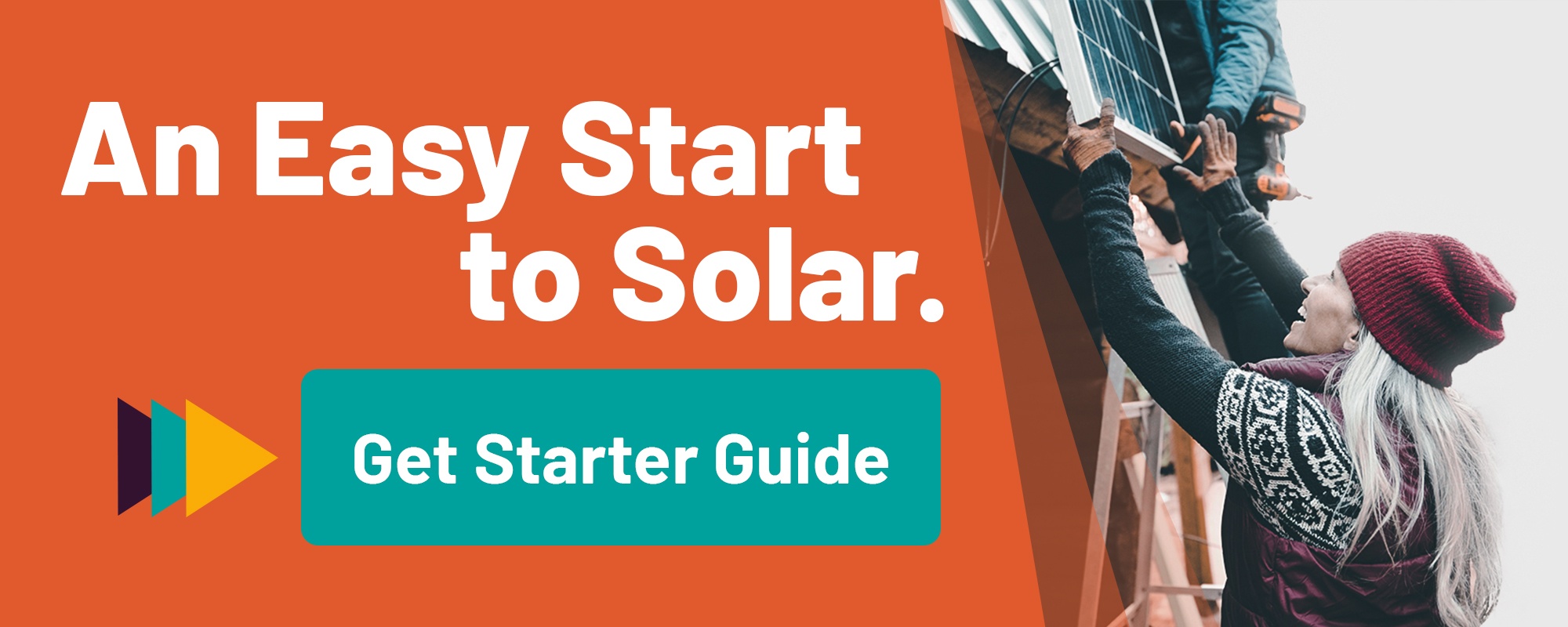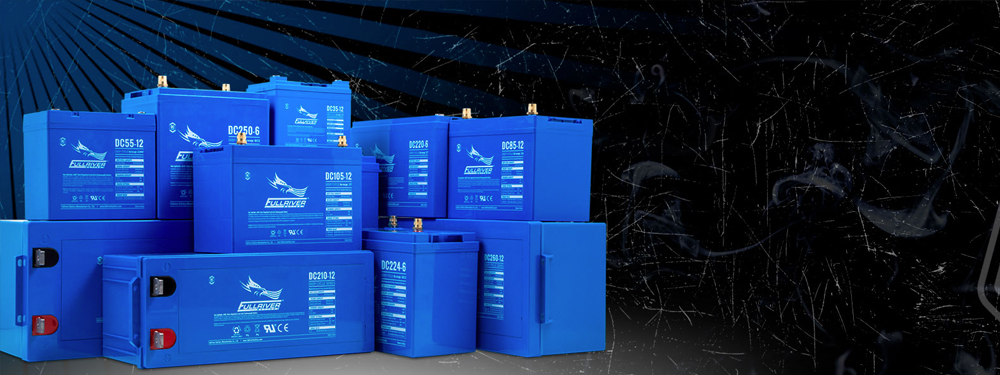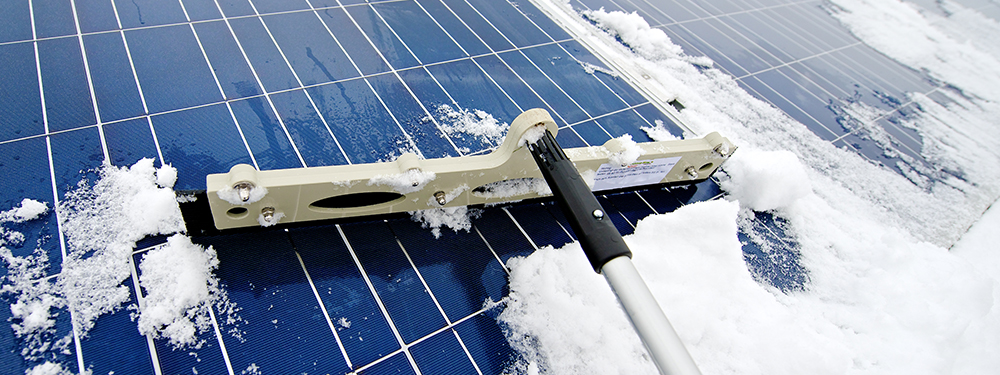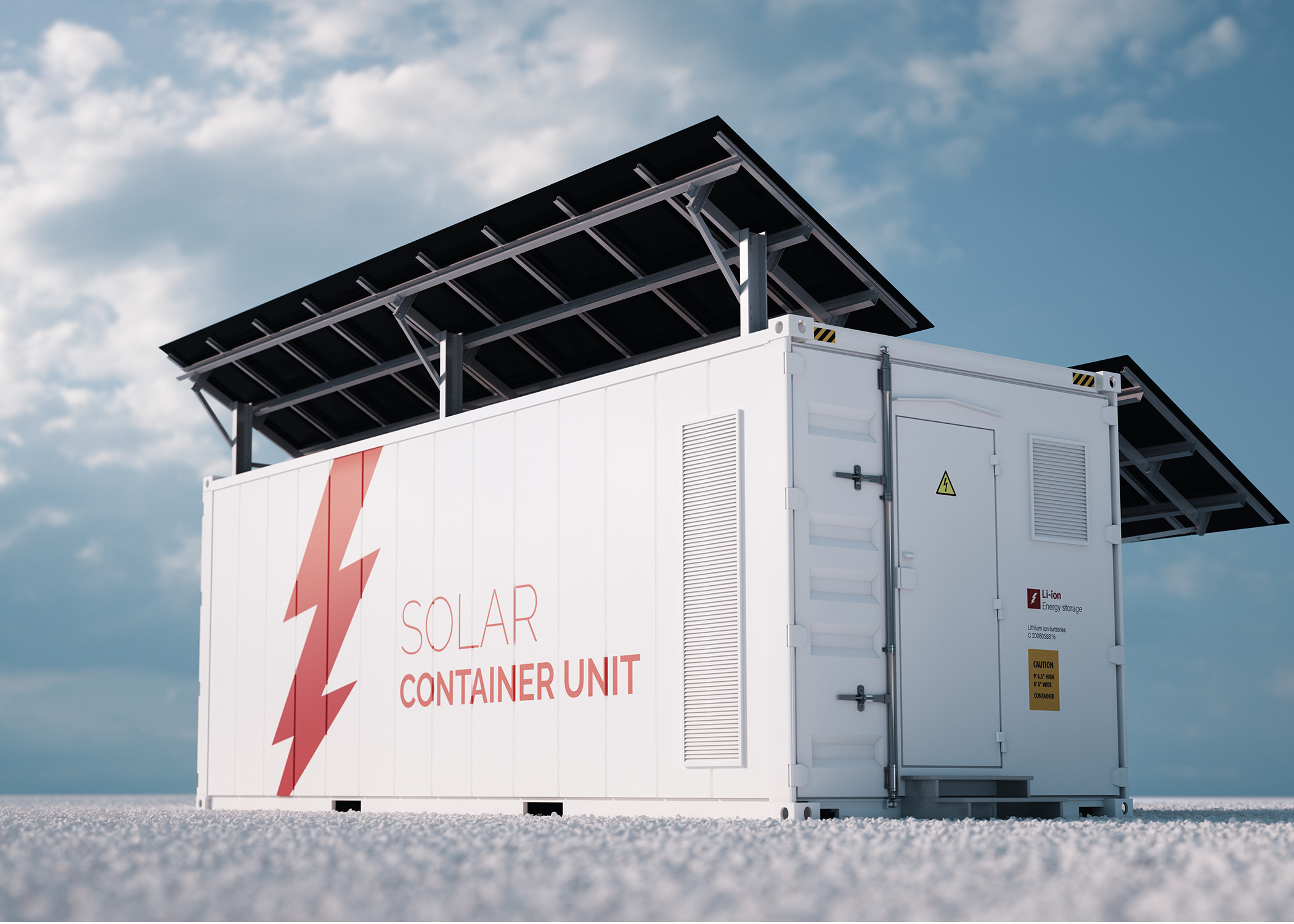Nowadays, more businesses are turning to solar power.
This includes the agriculture industry.
As a farmer, you know how important the environment is and the impact your carbon footprint has.
Likewise, you know the sheer cost of running a farm.
Solar power could reduce both your electric costs and your carbon footprint.
Let’s look at the importance of solar power and possible risks, such as the connection between solar panels and fire.
What Are the Benefits of Solar Power for Farming?
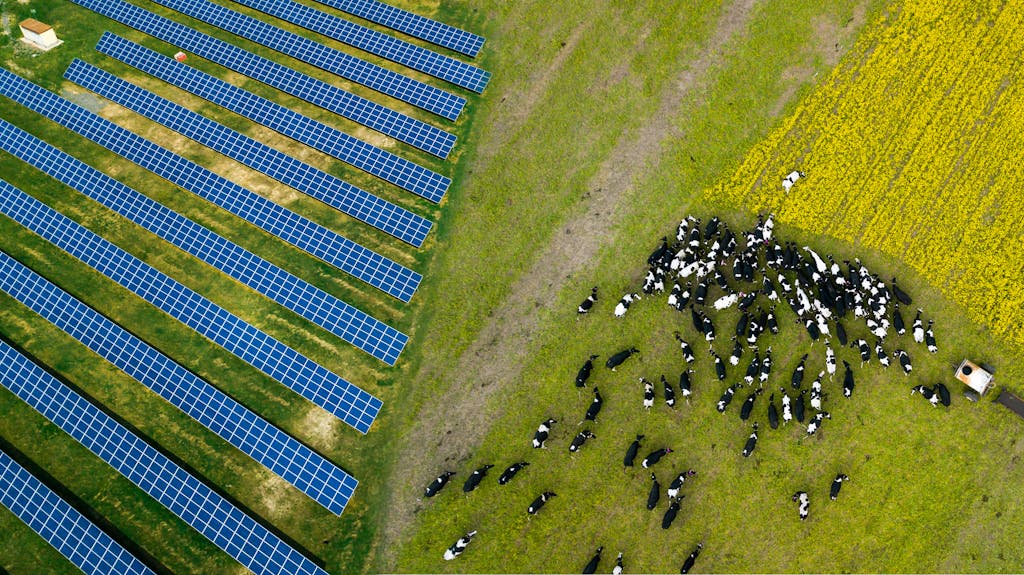
In your business, you work too hard to throw money away.
So when it comes to solar power, you want a good return on your investment.
Since the initial costs of solar are high, it’s helpful first to check out the major benefits of switching over.
Cost-Effective Compared to Fossil Fuel
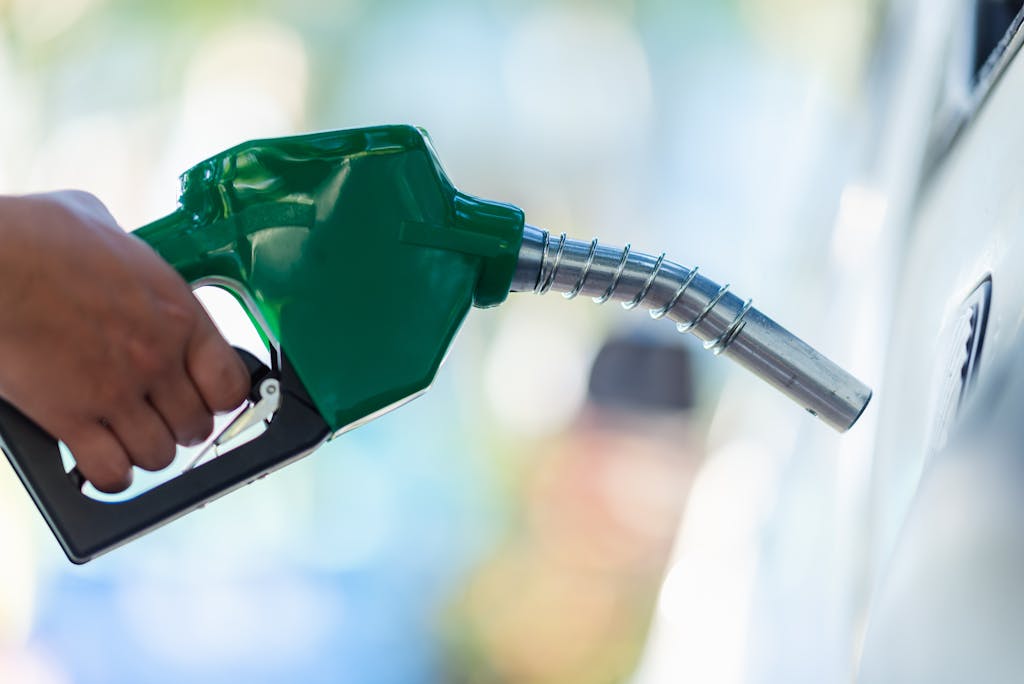
If you’ve been to the gas station in the last several months, you’ve been hit with a hefty bill at the pump.
Adding to the misery, the price of fossil fuels continues to skyrocket.
While the cost to purchase and install solar panels may be higher than standard electricity, it will pay for itself in the long run.
Not only do you significantly cut your power bill, but you don’t have to worry about the high electricity costs if you need to use ventilation fans in the summer or heat in the winter.
Ultimately, you can use as much power as you need without worrying about the cost of fuel or electricity.
Improved Habitat for Animals and Plants
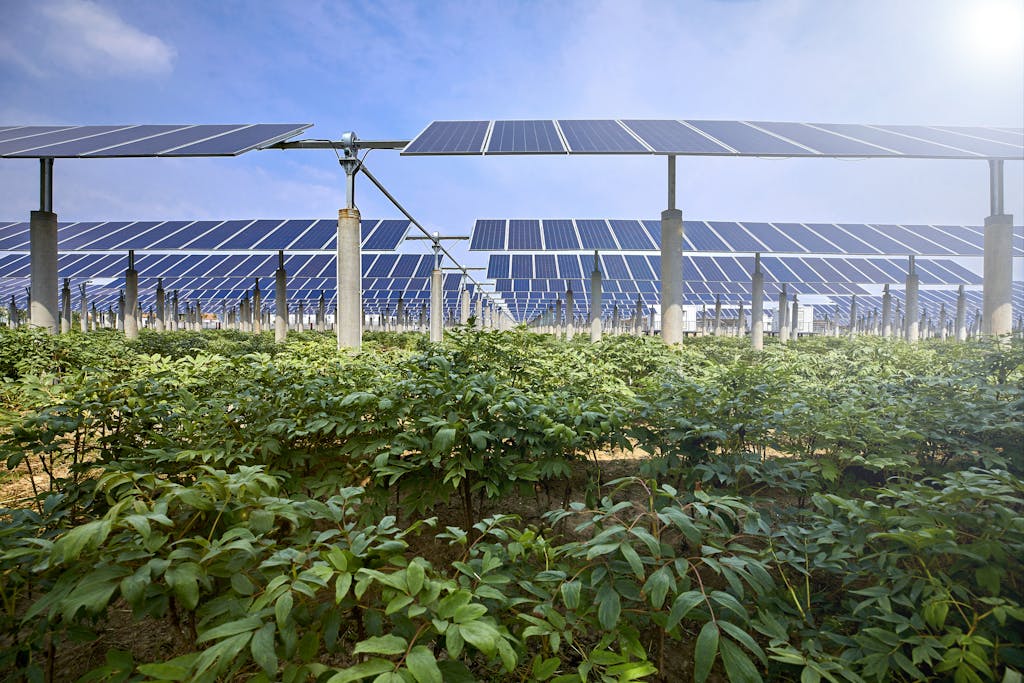
One of the biggest concerns farmers have about installing solar power is whether their animals and plants will be safe.
The reality is that solar panels do not pose a threat to livestock or crops.
In addition, these systems do not take up a lot of space.
Your animals may enjoy a roomier habitat than before, and native plants will thrive under protection.
Advantages Against Global Warming
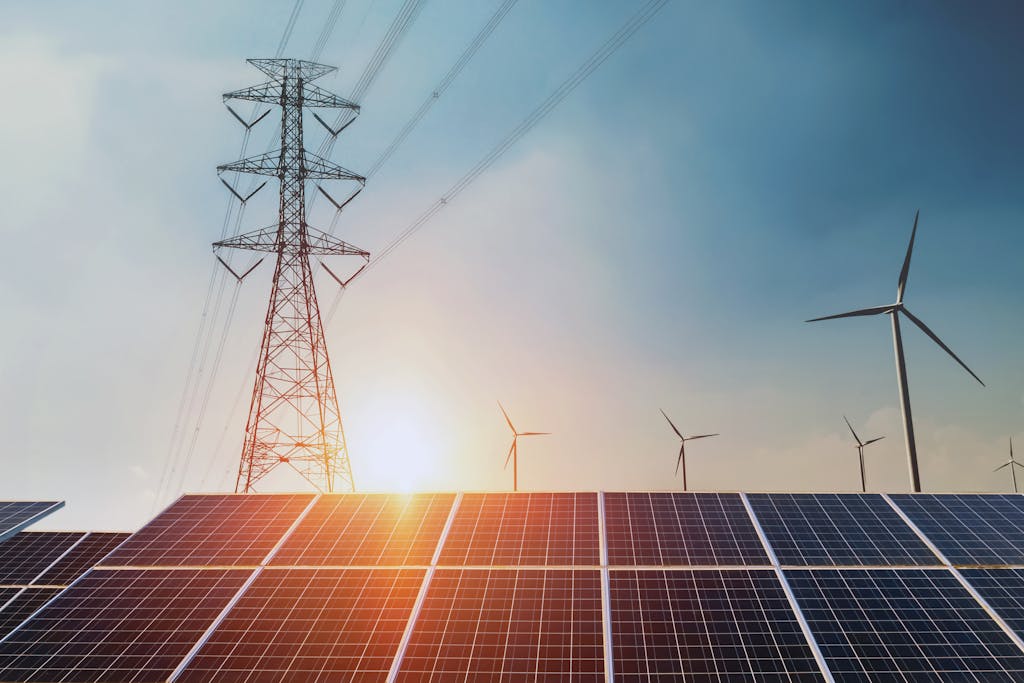
Unfortunately, you first feel the brunt of temperatures climbing up the thermometer.
The agricultural industry is hardest by rising temperatures.
However, you can send excess energy to the main power grid when you switch to solar power.
This lets you earn credits with your utility company to use whenever you need additional power.
Overall, your installation may be expensive upfront.
But there’s funding available from USDA for your investment and peace of mind knowing the system will pay for itself in savings from slashed electricity bills.
Are Solar Panels and Fire a Concern?

A fire can devastate your farm.
Unfortunately, too many of us out West have experienced this horror recently.
While some farmers must burn their fields regularly, this is not the same as a fire with the potential to destroy your crops, harm your animals, or cut into your business’s finances.
Whenever you choose to install a new electrical system on your property, you have to think about the potential for fire, including with solar panels.
Electrical Fires
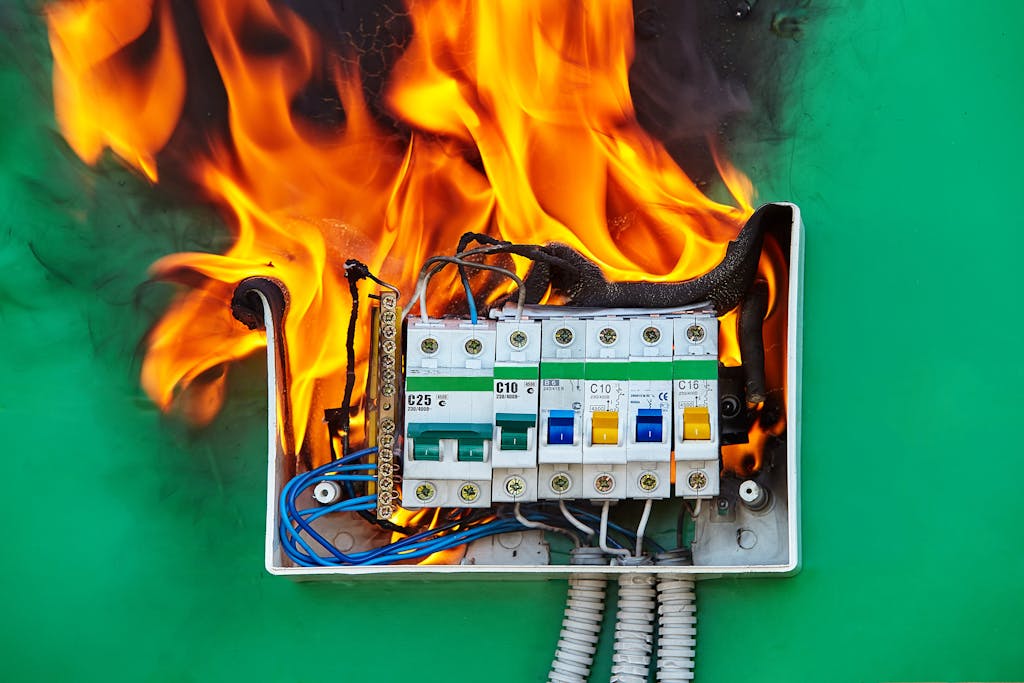
When it comes to electrical fires, the most common ones occur in DC isolators.
Essentially an electrical breakdown of gas known as “electrical arcing” causes a prolonged electrical discharge.
When this occurs, combustion is likely.
The fire starts when a live wire sends electricity into the air.
However, regular maintenance can help prevent a connection between solar panels and fire.
Field Burning
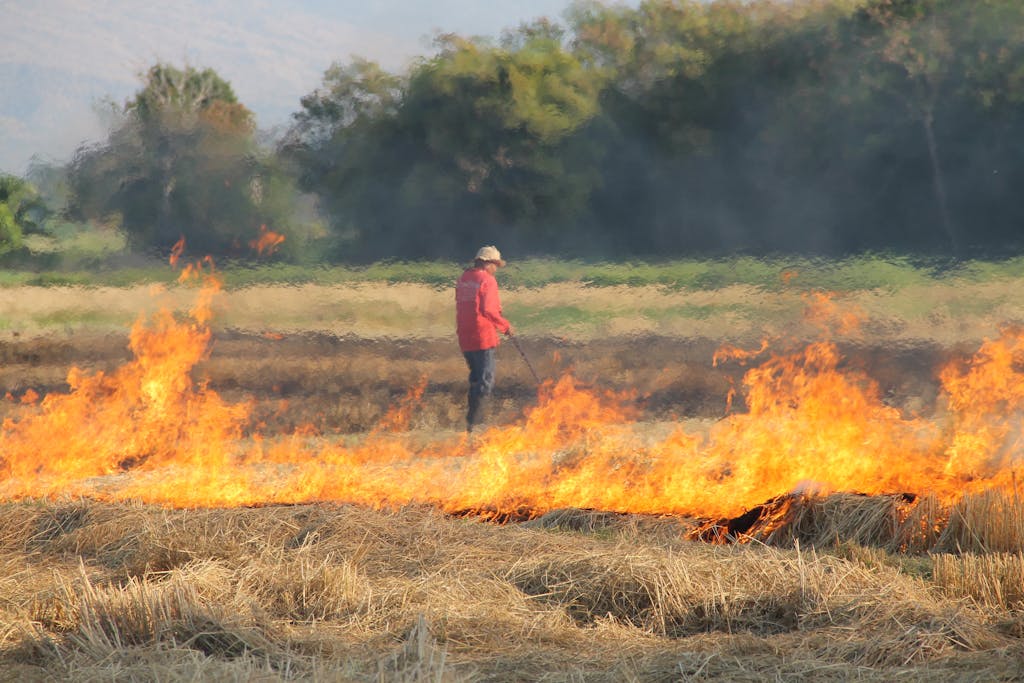
If you need to burn your fields every year, you should not install solar panels near those areas.
Before your installation, talk to your solar developer about which sites you plan to burn so that you can select the appropriate area to place the panels.
Without the right precautions, electrical fires could occur when you undertake field burning and end up seriously damaging your equipment.
Hot Weather
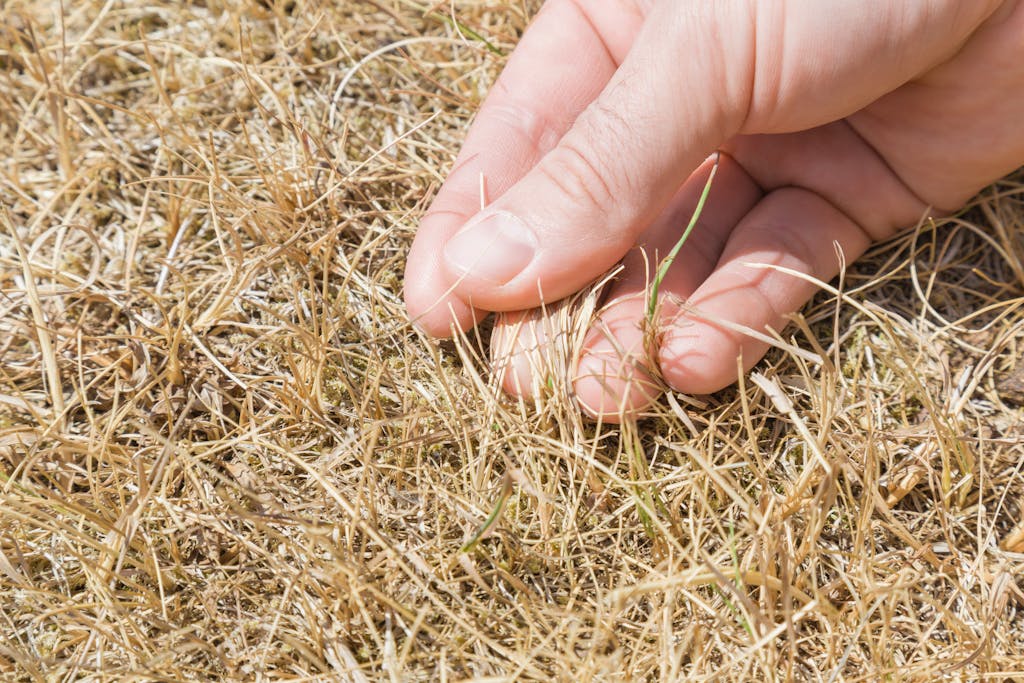
Hot weather is always a major concern for those interested in solar power.
Some people may fear that the solar modules will heat crops and vegetation, possibly killing them and creating a fire hazard.
To put any of your concerns at ease, the opposite is the case.
Solar modules cool crops and vegetation and protect them from chill air at night.
There should be no impact on the growth of your crops, and they don’t pose an increased fire hazard.
The most common causes of solar panel fires are design flaws, faulty installation, and component defects.
Defects, for example, can cause hot spots that may ignite flammable material.
What Precautions Are Available to Prevent Solar Panels and Fire?
While a fire risk may be small, you never want to endanger your home or property because you did not do your due diligence.
The following tips can help you keep your farm or ranch safe.
Install a Shut-Off Switch
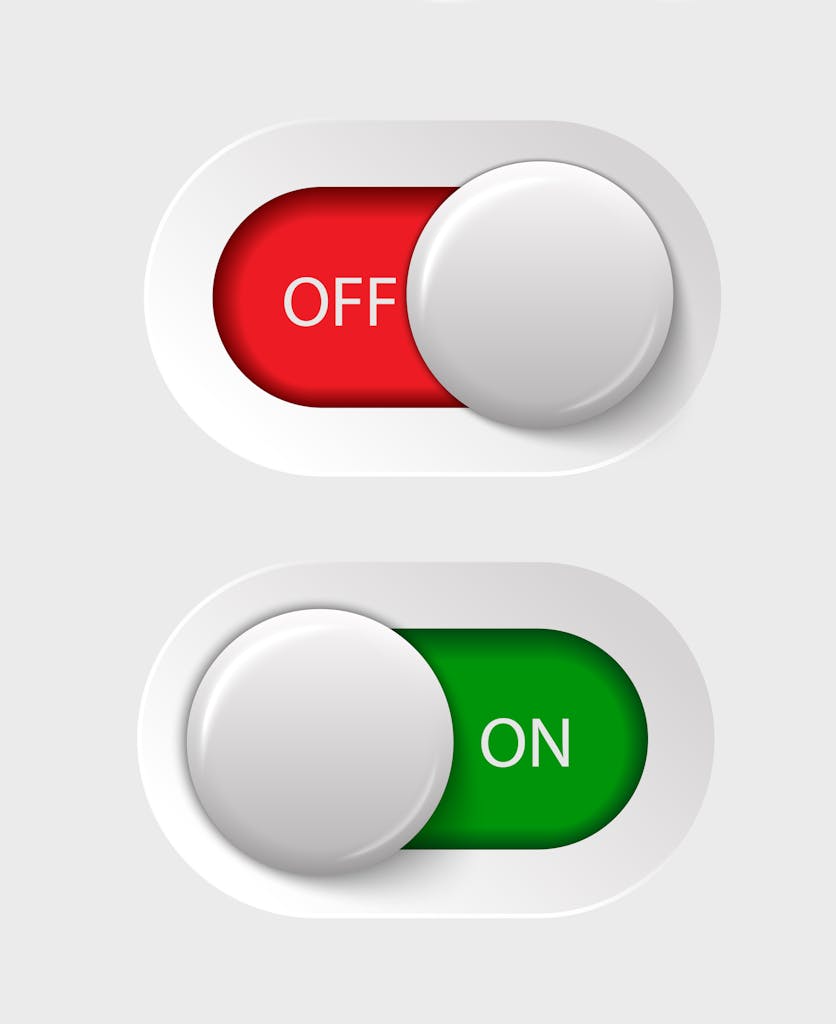
Solar panels should always have a shut-off switch installed that can disconnect your solar panels in the case of a fire.
Firefighters recommend a shut-off switch because it can help manage the spread of a fire.
Use Non-Combustible Materials
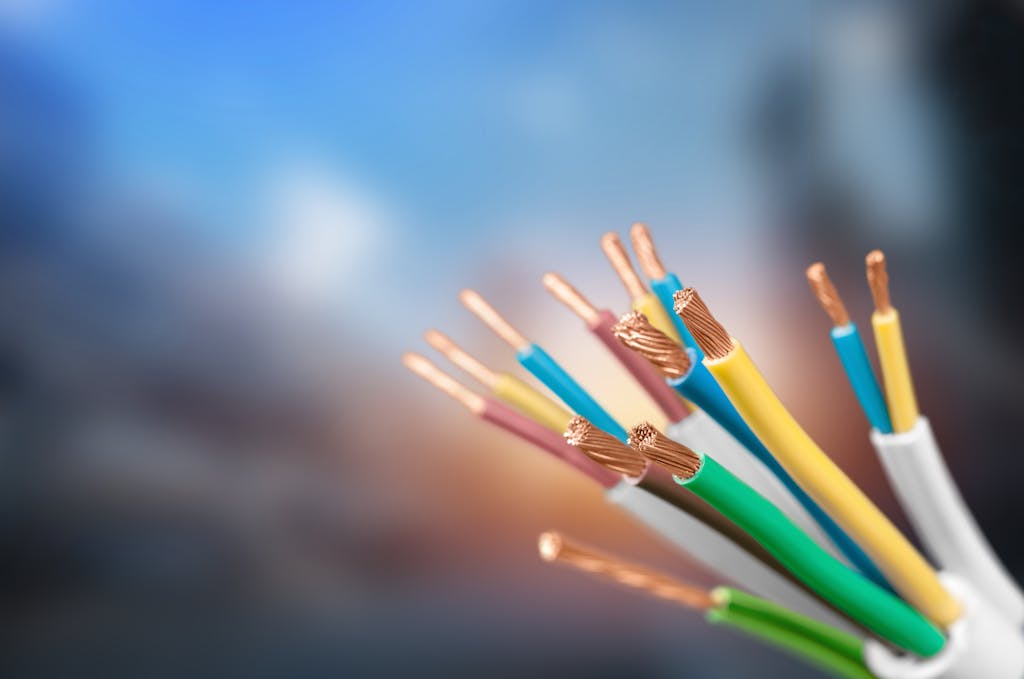
When it comes to fire prevention, be sure to install robust cables and components that withstand the elements.
Higher-quality materials are less likely to fail and create a fire hazard.
Additionally, non-combustible materials between the panels may create a buffer between the panels and your land.
For example, mineral wool can help stop the spread of a fire.
Invest in Regular Inspections
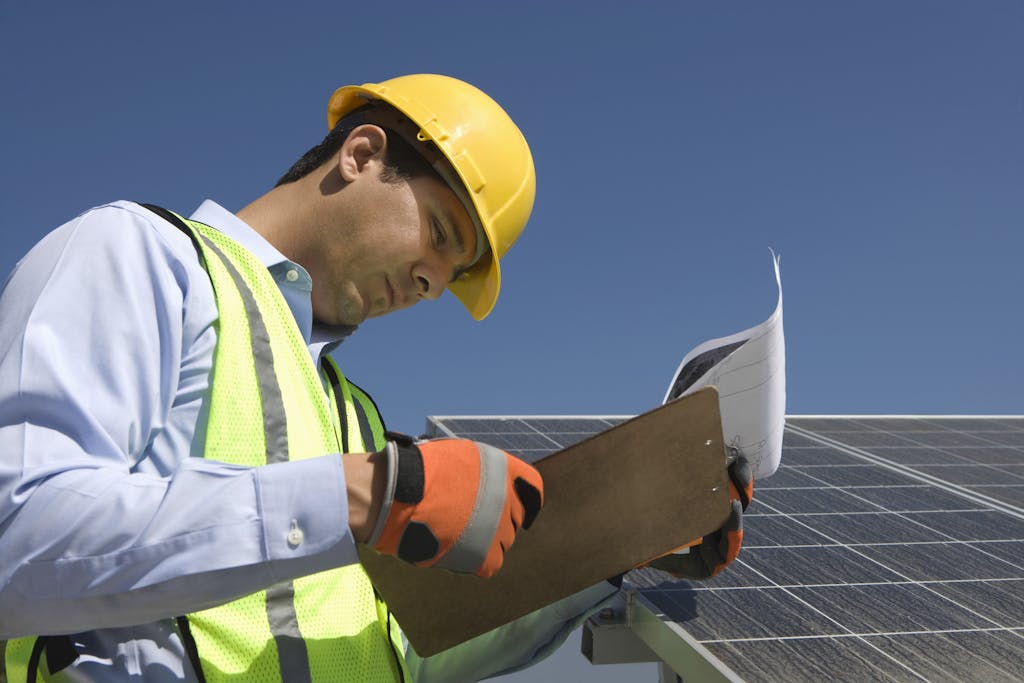
No matter the type of electrical equipment, everything deteriorates over time.
Whenever components start to break down, it can become a fire risk.
To prevent a fire hazard, have your solar panels inspected and maintained regularly.
Inspections can catch a problem before you have to worry about a fire.
Choose Unbound Solar to Power Your Farm
When it comes to powering your farm or ranch, you deserve the most cost-effective and environmentally-friendly option, as well as a safe one.
With regular maintenance, inspections, and high-quality products, the risk of a fire is low.
And to help you get started, there’s financial support.
You’re eligible for USDA’s REAP funding, as well as the 26% federal solar tax credit and state and local incentives.
When added up, these incentives can potentially cover 45 – 80% of your overall system cost.
At Unbound Solar®, we’ve been helping individuals and businesses like you become energy independent for almost 30 years.
If you’re looking for a lifetime partner in solar solutions, we have the expertise and support you need.
Contact us today and let us help you put more money in your pocket!
